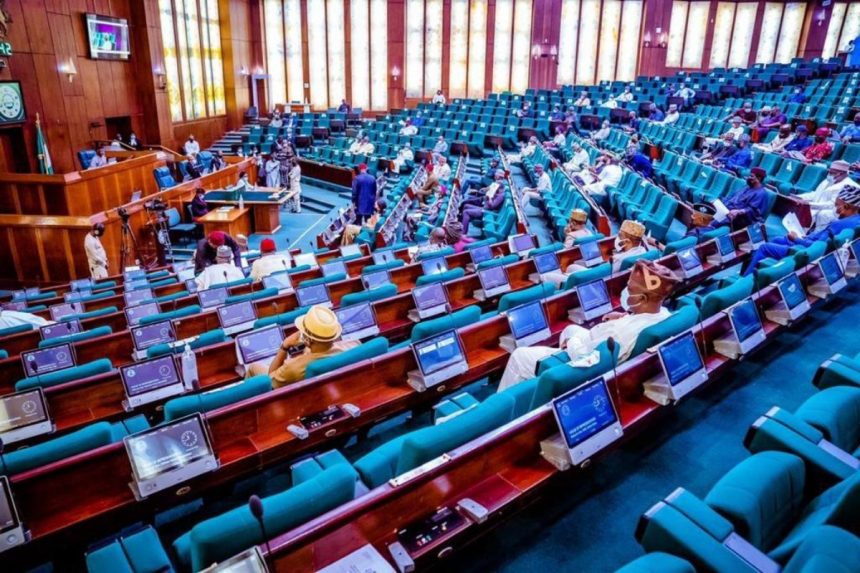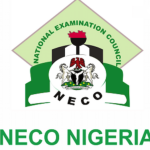The Deputy Speaker of the House of Representatives and the head of the House Committee on Constitution Review, Benjamin Kalu, announced on Monday, February 26, that the new constitution of the nation will be ready for the President’s approval in the next 24 months.
Kalu made this announcement at the official inauguration of the House Committee on the review of the 1999 constitution.
He said the aim of getting a new Constitution ready is to allow the President enough time to examine the changes before signing them into law, without the distraction of the election year.
He said: “Our constitution, the foundation of our democracy, stands as a testament to our collective aspirations for a just, equitable, and prosperous society. Yet, as we confront the realities of the 21st century, it is incumbent upon us to recognize the imperative for constitutional reform, to ensure that our laws reflect our people’s evolving needs and aspirations.”
Kalu said the House has already received bill proposals for the creation of state police; state access to mines; increased involvement of women in politics; clear definition of the taxes/levies to be collected by each level of government and the provision for the office of the Mayor of the Federal Capital Territory Abuja.
He said some bill proposals that were passed, but did not get the president’s approval during the fifth constitution alterations have been reintroduced to the current amendment, such as powers of the National Assembly and State Assemblies to summon the President and State governors, and obligations of the government to direct policies towards ensuring the rights to food and food security.
He said this shows the dynamic nature of the constitution review process and its importance to the democratic development of the country.
He added that the House was open to more proposals to improve the Constitution and strengthen the nation’s democracy.
He said the House was also expecting executive-sponsored bill proposals that reflect issues on the renewed hope agenda of the President.
He recognized amendments to the constitution done by previous assemblies, which include financial autonomy of State Houses of Assembly and State Judiciary; renaming “Prisons” as “Correctional Services” and then moving them from the exclusive legislative list to the concurrent legislative list to enable the state’s participation; moving “railways” from the exclusive legislative list to the concurrent legislative list; allowing states to generate, transmit, and distribute electricity in areas covered by the national grid; and requiring the President and Governors to submit the names of persons nominated as Ministers or Commissioners within sixty days of taking the oath of office for confirmation by the Senate or State House of Assembly.
He said the committee is prepared to face the challenges and opportunities that lie ahead, using the power of technology, social media, and inclusive engagement, we will ensure that every voice is heard, every perspective is considered, and every citizen is empowered to participate in the shaping of our nation’s future.
He said further that “as we embark on this journey, let us draw inspiration from the words of great leaders who have come before us. Let us remember the wisdom of Tafawa Balewa, who spoke of the necessity of unity and collaboration in your efforts to build a brighter future.
“Together, let us reaffirm our commitment to democracy, justice, and progress. Together, let us rise to the challenge and build a brighter future for Nigeria, a future that is truly of the people, by the people, and for the people”





